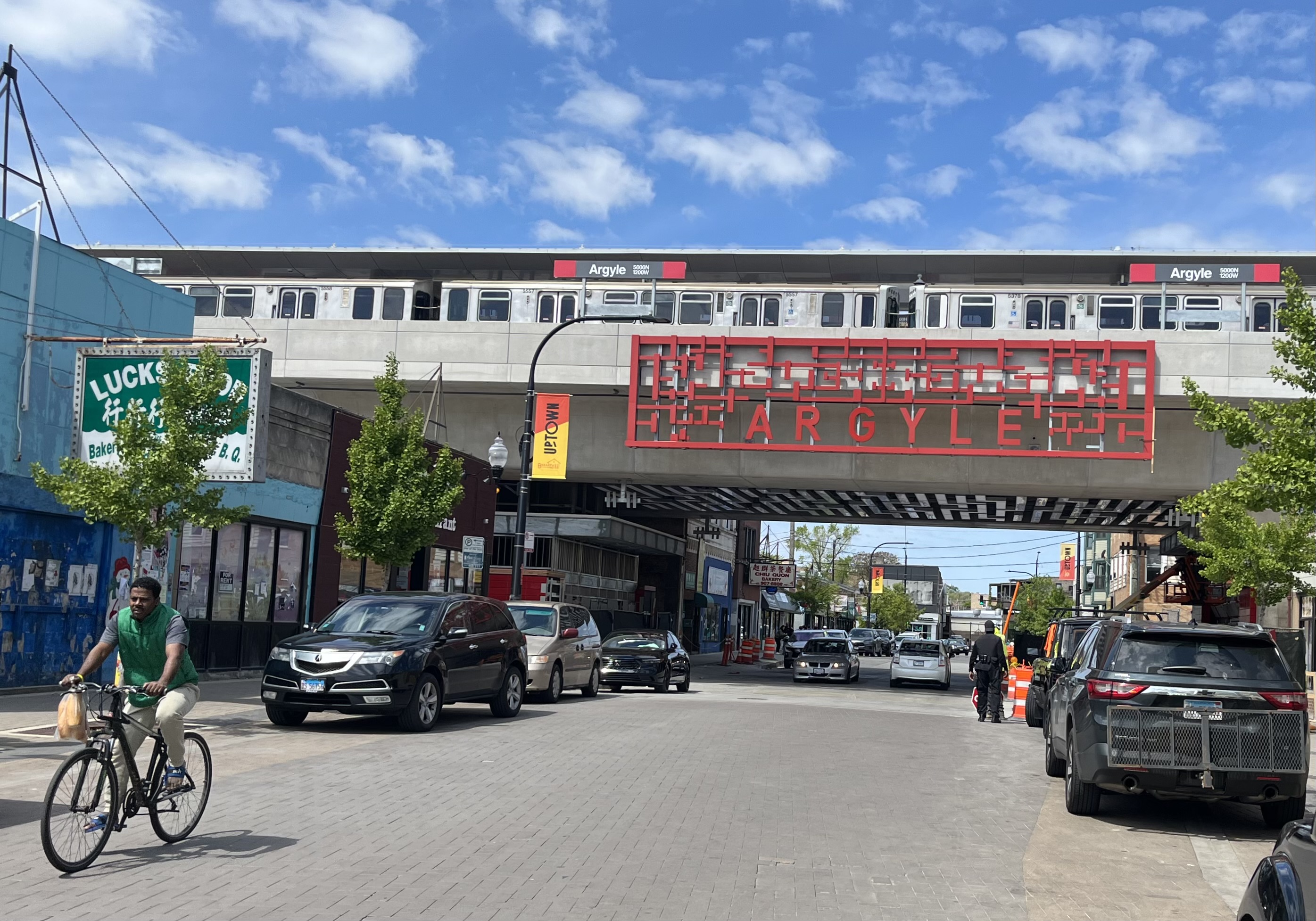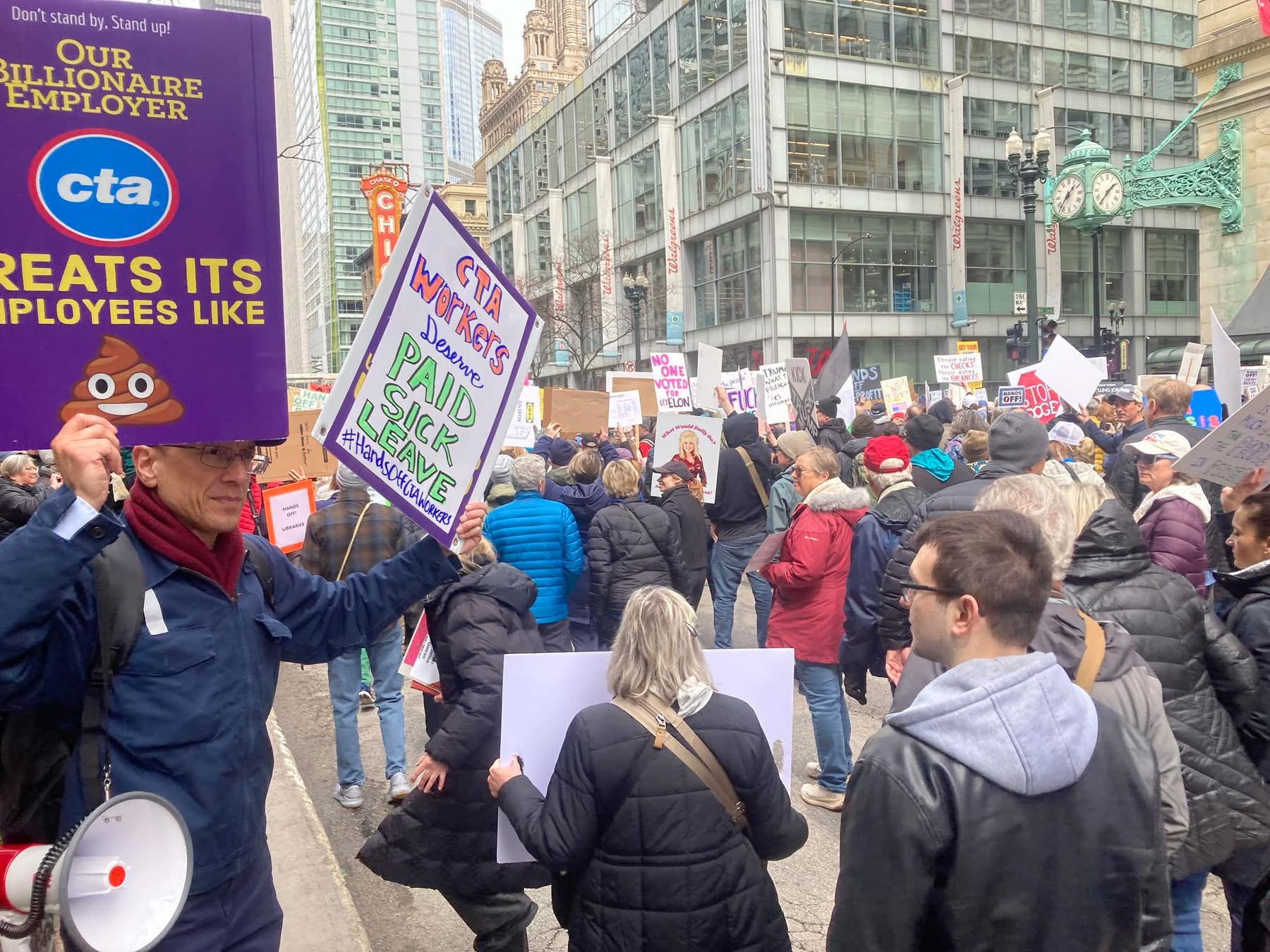Last month, Slate wondered how Washington, D.C. ended up with the best bike-sharing system in the country. The answer was, essentially, vision: Local leaders had it, and they were able to win financial support from the federal government.
But that kind of boldness is too a rare thing in public agencies, says Jarrett Walker at Human Transit. He shares the above video with D.C. Planning Director Harriet Tregoning, who urges government officials not to shy away from risk taking. Walker says her advice is highly applicable to transit planning:
Her discussion of Capital Bikeshare, which failed in its first incarnation and succeeded in its second, is an incisive challenge to the bureaucratic mind, and it's directly related to transit improvements.
Tregoning's story here is basically that the first bikeshare system failed because it was too small, too hesitant, while the second one succeeded because it was far bigger, bolder, riskier. Many of the government cultures I've known would have decided, based on the first round, never to try bikeshare again. It took courage to say that maybe the lesson was that some things just can't be done as tiny demonstration projects. You have to build the courage to actually do them, at the natural scale at which they start to work.
Transit network redesign is exactly like that. It's hard to do in hesitant, reversible phases, because it's all so interconnected, and because a network doesn't start to work until it's all there.
Elsewhere on the Network today: World Streets offers a handy guide for local officials to promote car-sharing in their cities. The Missouri Bicycle and Pedestrian Federation reports the state is considering legislation that would ban bikes on many state roads. And Walkonomics shares some tips on creating walkable places -- beyond just proximity to shops.




